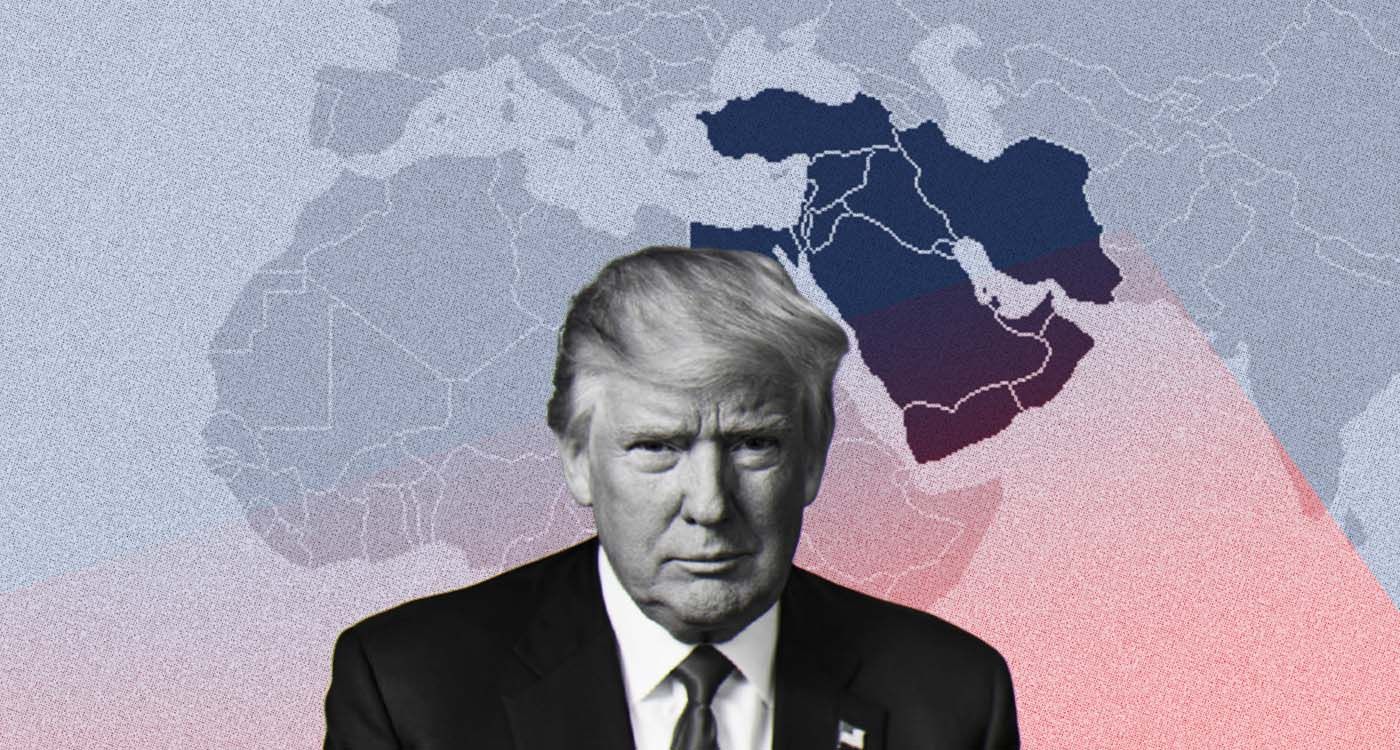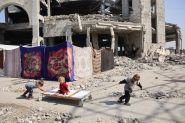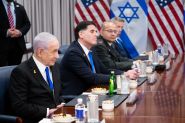- Home
- Middle East
- The Jeopardized Peace

©This Is Beirut
The significant progress toward peace achieved by the Trump administration presents a valuable opportunity if key obstacles can be overcome. None of the earlier, ill-conceived attempts to end the cycle of violence compare with the outstanding diplomatic achievement of the American administration. The humbug of the French president has faded away, and the whole wokist frenzy capitalizing on the war in Gaza dissipated. What’s intriguing at this stage is the waffling of Hamas and its attempt at sabotaging the new dynamic and forestalling the rising political horizon. The violent crackdown on the opposition and the foreclosure of the political space are bad omens.
President Trump’s swift reaction and timely warning clearly indicate the terror group’s unwillingness to renounce its hegemony and determination to regain control over the Palestinian political landscape. The political statements issued by Hamas’s competing power centers are misaligned with the truce mandates, marked by unilateralism, and suggest a scenario of wars merely postponed. The stalling process has set in and is overtly meant to challenge the emerging political horizon. The unfolding political evolutions point towards Iran and its revanchism. Iran has decided to overturn the political dynamics and back its domestic political and military handlers in both Gaza and Lebanon.
The same political script applies to both Lebanon and Gaza. Hezbollah is set on blocking Lebanese statehood and undermining its ability to recover from a prolonged twilight. The fractured political landscape and the well-entrenched obstructions of the Deep State are highly instrumental in this regard. The operational capability of an emancipated Lebanese state is preempted at the source. The Lebanese parliament is bogus and demonstrates its ineptitude and incapacity to challenge the political extraterritoriality of Shia fascism — let alone its complicity whenever constitutional mandates and territorial sovereignty are undermined.
The executive power is deeply cleaved and doesn’t seem to abide by constitutional regulations or unite around a common political program. Ambiguities hover over its contradictory statements regarding the implementation of the negotiated truce, and its political apathy betrays any principled commitment to enforce it. This ongoing procrastination, doublespeak, and dithering once again call into question the relevance of Lebanese statehood and provide a platform for regional destabilization.
In both cases, the decommissioning process and the normalization of the political narrative are openly challenged, while domestic political operatives find themselves once again reinvested in Iran’s politics of destabilization. This observation invites us to rethink our political assumptions and try to figure out what the alternative solutions would be if we were to avoid the impending demise of the rising political dynamics. At this stage, President Trump’s reservations about the two-state solution are shaped by opportunistic calculations, by the indirect diplomatic bargaining with Iran, and by the ambiguities inherent in that process. Ultimately, there are no chances for a working political solution unless the Islamic regime in Tehran changes its political narrative, engages the sequential diplomatic strategy, and renounces its maverick political status.
The ongoing political mediations should confront domestic political actors and their Iranian mentors across the political spectrum, questioning their intentions and ability to influence emerging political courses. Challenging the saboteurs’ political and military agendas is imperative if we are to forestall the projected derailment. No diplomatic mediation can succeed unless Iran is either defeated, contained, or co-opted. The domestic recalcitrance owes to the ability of Iran to check the alternative political horizon, nurture Islamic extremism, and institutionalize political chaos. There is no chance for incremental political change while attempting to accommodate the political and strategic interests of the Islamic regime in Tehran.
The residual political nodes of Iranian imperialism should be annihilated, and Iran's political and nuclear irredentism should be done away with. The relaunch of the peace process should overhaul the strategic equation to make genuine conflict resolution possible. As long as Iran has the operational latitude in the near future, the chances of restructuring the regional order are preempted. The reliance on the goodwill of malevolent terror groups like Hamas and Hezbollah is a non-starter.
The Sharm el-Sheikh summit marks a major milestone in the search for a sustainable political solution and in addressing the impasses of a regional order that has long failed to achieve geopolitical stability, build modern institutions, or update its political semantics and narratives.
Peacemaking efforts cannot rely on the erratic political processes and strategic ambiguities that have marked contemporary political history.
Read more




Comments